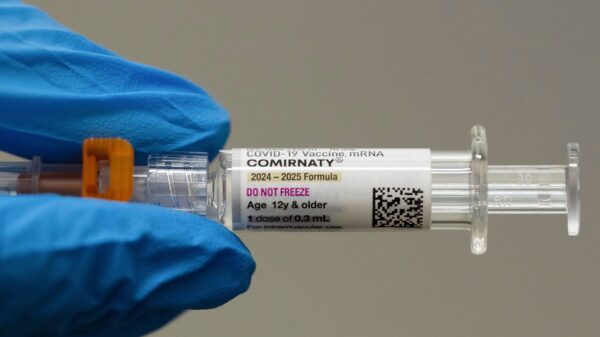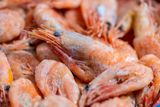A recent shipment of frozen shrimp imported from Indonesia has been recalled by the U.S. Food and Drug Administration (FDA) due to elevated levels of cesium-137 (Cs-137), a radioactive isotope. The shrimp was flagged during routine inspections at U.S. customs after testing indicated radiation levels that, while not immediately dangerous, were higher than normal. The FDA has called for the recall of specific lots from the same supplier to ensure consumer safety.
Understanding Radiation Contamination
Cesium-137 is a byproduct of nuclear fission, commonly associated with nuclear reactors and weapons. It does not occur naturally but can be found in trace amounts globally due to past nuclear testing and accidents. When ingested, Cs-137 behaves similarly to potassium, distributing into soft tissues and emitting gamma and beta radiation. While most food products contain negligible levels of this isotope, the shrimp in question showed a concerning concentration that warranted further action from the FDA.
According to the Agency for Toxic Substances and Disease Registry, Cs-137 has a half-life of approximately 30 years, meaning it can remain detectable in the environment long after its initial release. The FDA reported that the shrimp contained around 68 becquerels per kilogram (Bq/kg) of Cs-137, significantly below the safety threshold of 1,200 Bq/kg. Despite being far from dangerous levels, the presence of Cs-137 in this product raised alarms due to its manmade origin.
Comparison with Other Foods and Consumer Advice
For perspective, a typical banana emits a similar level of radioactivity due to its natural potassium-40 content. To match the background radiation exposure experienced daily by individuals in the United States, one would need to consume approximately 100 bananas. The shrimp’s radiation level was about 100 times higher than usual for seafood sourced from the Pacific, where trace amounts of cesium persist from historical nuclear activities.
The FDA has confirmed that the contaminated shrimp did not reach grocery store shelves, as the shipment was intercepted by Customs and Border Protection prior to distribution. Consumers who have purchased imported shrimp recently are advised to check the lot numbers for any potential recalls. The FDA emphasizes that products from the affected batch should not be consumed and should be discarded.
If consumers suspect they have ingested shrimp from the impacted lot, the FDA recommends consulting with a healthcare provider for guidance. Fortunately, the low radiation levels detected in this shipment mean that there is no immediate cause for alarm. Continuous monitoring of seafood imports is in place to prevent such occurrences in the future.
This article serves as informational content and is not a substitute for medical advice. For more detailed information, resources from the FDA and the Agency for Toxic Substances and Disease Registry can be consulted.





































































